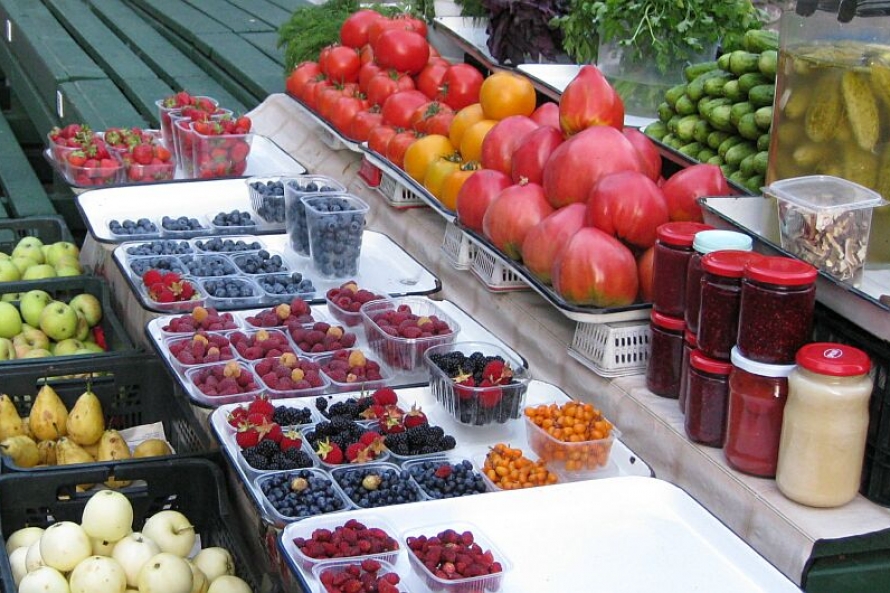“The bulk of them have long since taken the next step and diversified their exports,” she said on the LR morning interview program.
The leader of the state’s farmed goods market research center said that this time of sanctions against Russia would not be an easy one for fruit and vegetable growers, and that a company or two might go bankrupt. She recalled that the sector has not yet fully recovered from problems caused by a prior E.coli bacterial outbreak.
However, she underscored that now is not the time to frame the situation as if Latvia’s enterprise sector will suffer significantly because of the sanctions.
“I don’t like it that we try to position things like – now we have sanctions and now we’re really, really suffering,” she said.
Gulbe did however express concern over canned fish, especially Latvia’s famous sprats, which are generally in great demand in the former Soviet Union countries. Yet now they are possibly facing a shut-out from Russia’s market pending Moscow’s reaction to the third-phase sanctions imposed against its financial, technology and defense sectors last week by western nations, led by the US and EU.
Fish-processing company Karavela is one of the few which has developed parallel exports to western countries instead of focusing exclusively on Russia’s familiar market. The seven-year process hasn’t been easy, company board member Andris Bite told LTV news program Panorāma Sunday. Despite the fact that it sells about half of its product in western markets, Russia still accounts for 70% of Karavela's total earnings. The reason – competition in western markets forces prices much lower.
Yet in the face of possible reactions to sanctions on Russia’s part, these western markets may turn out to be a lifesaver for companies like Karavela.
“A supply stoppage to Russia or its Customs Union states would cause us profit losses and force some production or cost restructurings, but we would survive,” said Bite.
The Latvian Investment and Development Agency (LIAA) actually cites an increase in the flow of Latvian goods to Russia and Ukraine in the first half of the year.
LIAA director Andris Ozols told Panorāma that “the sanctions have given a completely different effect – many Russian businesses are buying reserves of Latvian products in much greater quantities.”





























